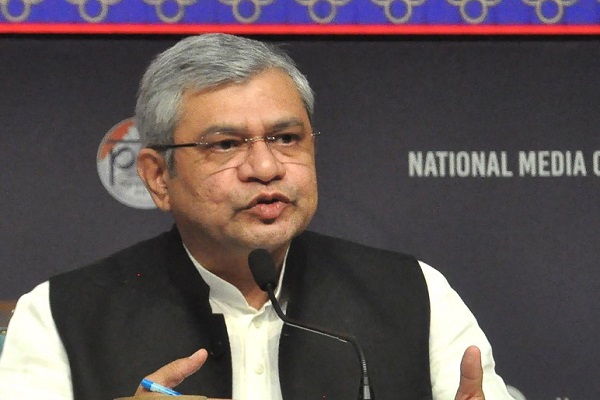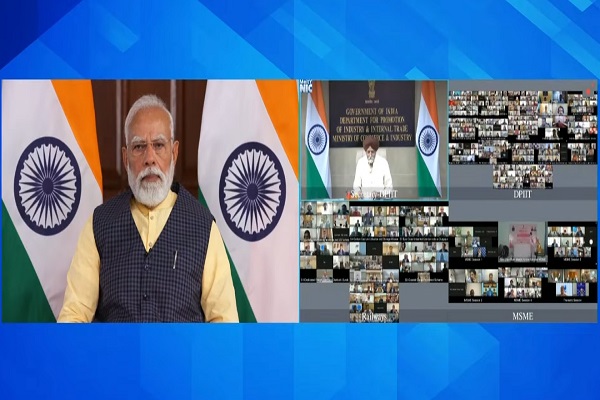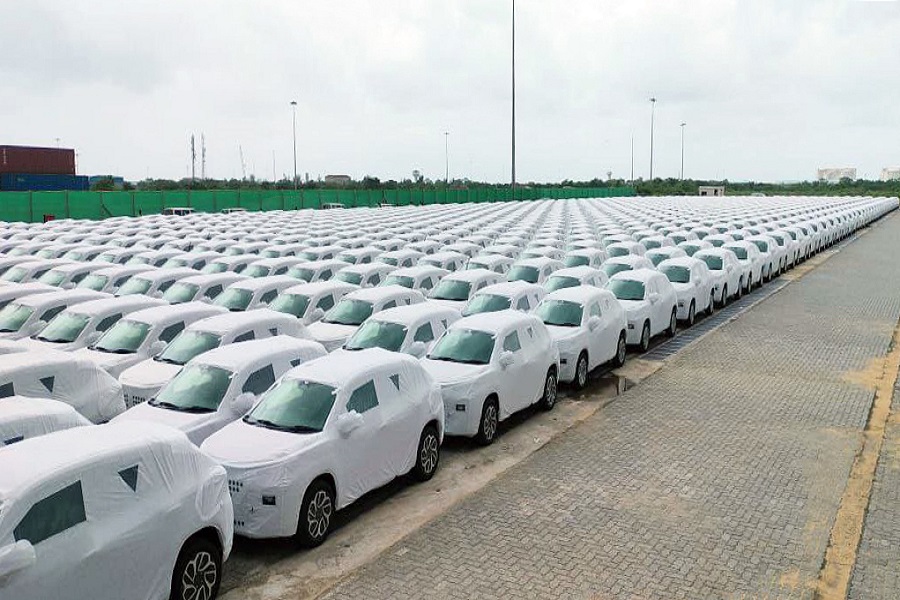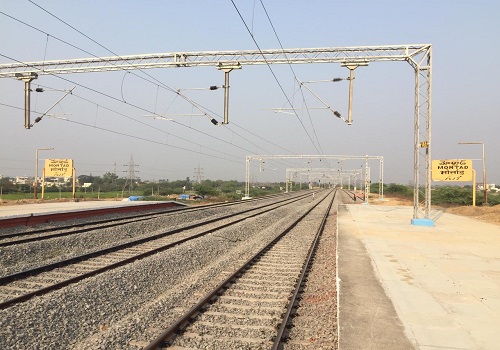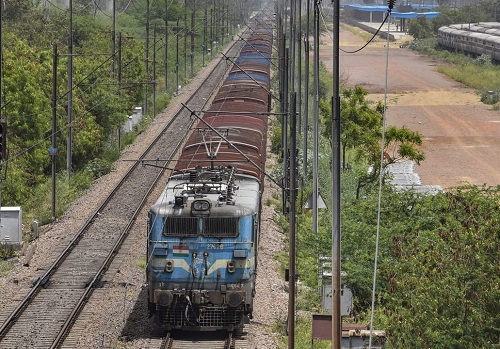Urgent steps needed to tackle reliance on Chinese imports: GTRI
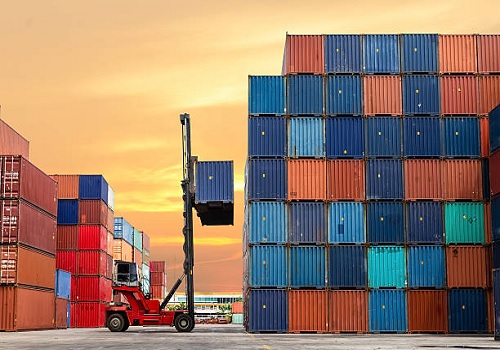
The think tank Global Trade Research Initiative (GTRI) has raised concerns over China's export curbs on critical minerals which are crucial for India's electronics sectors and emphasize the need for urgent measures like reverse-engineering of low- to mid-tech imports to cut overreliance on Beijing. It pointed out that China has stepped up its use of economic leverage to constrain India's industrial ambitions in series of calculated moves. It added that over the past year, as the geopolitical tensions and trade realignments intensified, Beijing has systematically restricted exports of critical raw materials and engineering support, sending a clear warning to New Delhi.
Further highlighting China’s past mischievous actions, GTRI said that since mid-2023, China has imposed curbs on exports of critical minerals such as gallium and germanium -- essential for India's electronics, EV, and defence industries. Moreover, the restrictions were extended to graphite in late 2024 dealing a direct blow to India's clean energy and battery manufacturing sectors. GTRI warned that Beijing has cloaked these actions in strategic ambiguity, while tightening its grip on supply chains that India is still dependent on. Besides, recently in June 2025, Chinese battery giant CATL reportedly directed Foxconn to withdraw all Chinese engineers from its manufacturing unit near Chennai. The move disrupted timelines and coordination at a crucial time for India's electronics and EV supply chain buildout.
In FY25, India's imports from China surged, while exports declined sharply leading to a widening trade deceit of $100 billion. On Chinese import dependency, GTRI added that, Chinese firms now supply over 80 per cent of India's needs in laptops, solar panels, antibiotics, viscose yarn, and lithium-ion batteries, deepening strategic vulnerabilities. Meanwhile, in order to tackle overreliance on a geopolitical rival and build economic resilience, it has emphasized the necessity to do reverse-engineering of low- to mid-tech imports, domestic production incentives, and long-term investment in deep-tech manufacturing. It has suggested setting up of Sector-specific industrial labs to deconstruct commonly imported goods and develop standardised, open-access blueprints and sharing those designs with Indian MSMEs for niche production and with larger firms for mass manufacturing. It added that the model combining public R&D and private production, would enable rapid substitution of many high-volume imports. It has also suggested that the country should also create a Localize-100 tracker to monitor progress on localising the top 100 low- and mid-tech imports from China.















